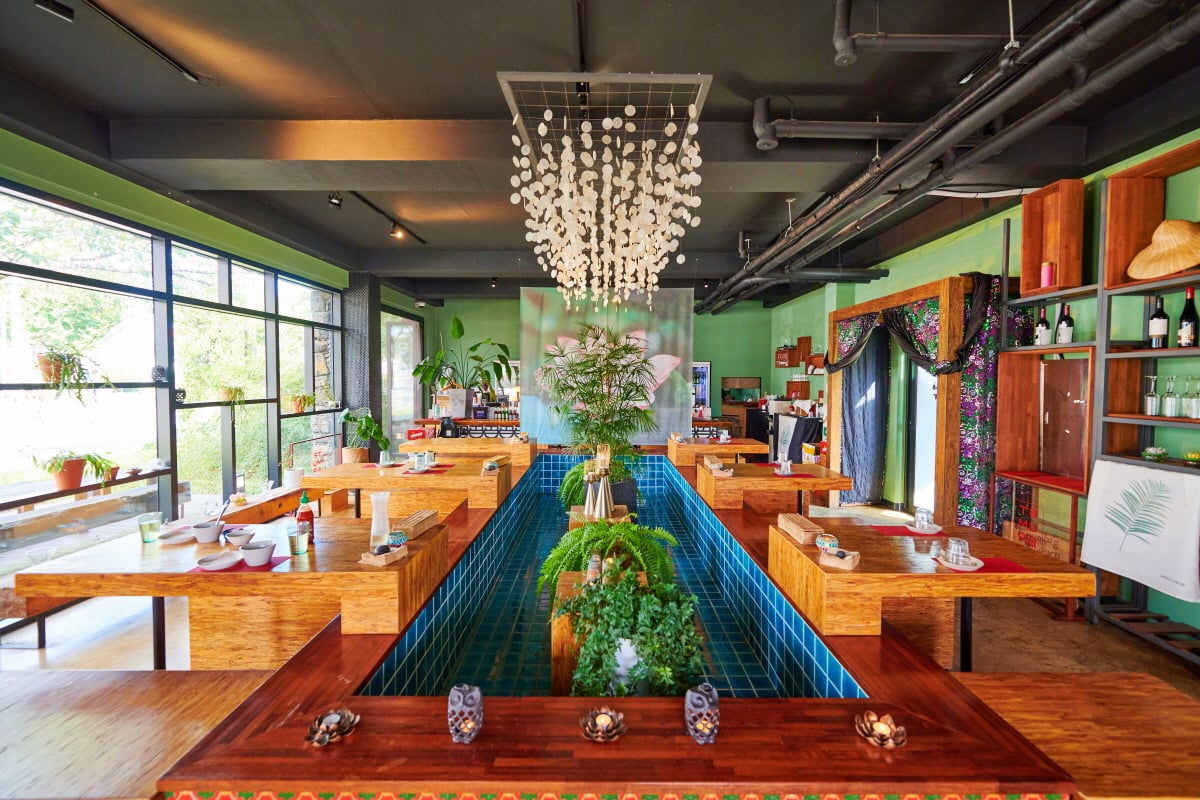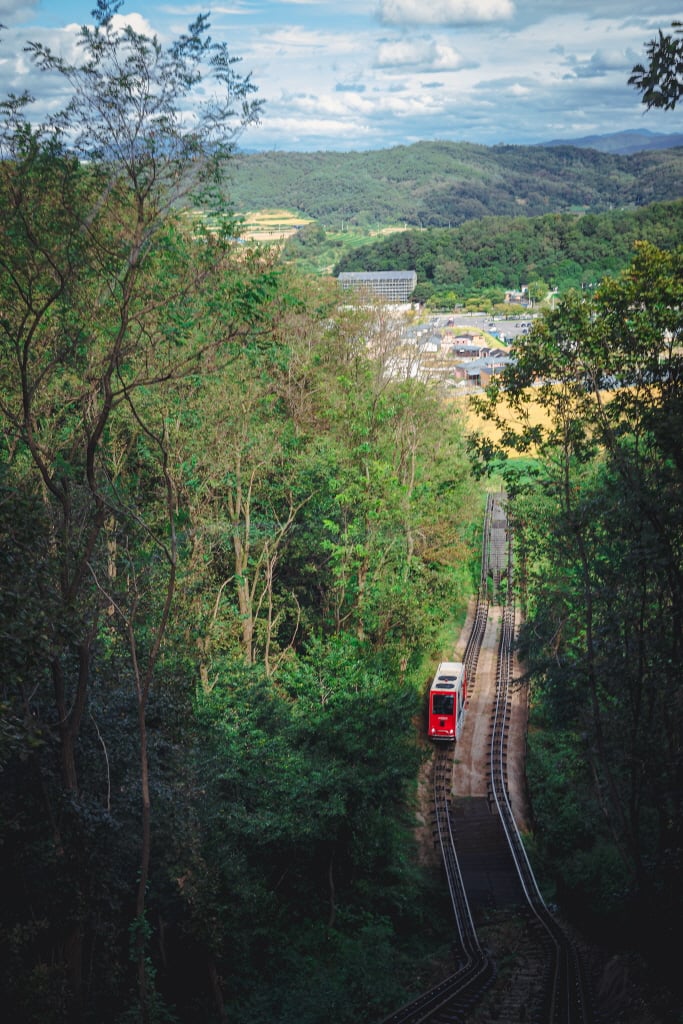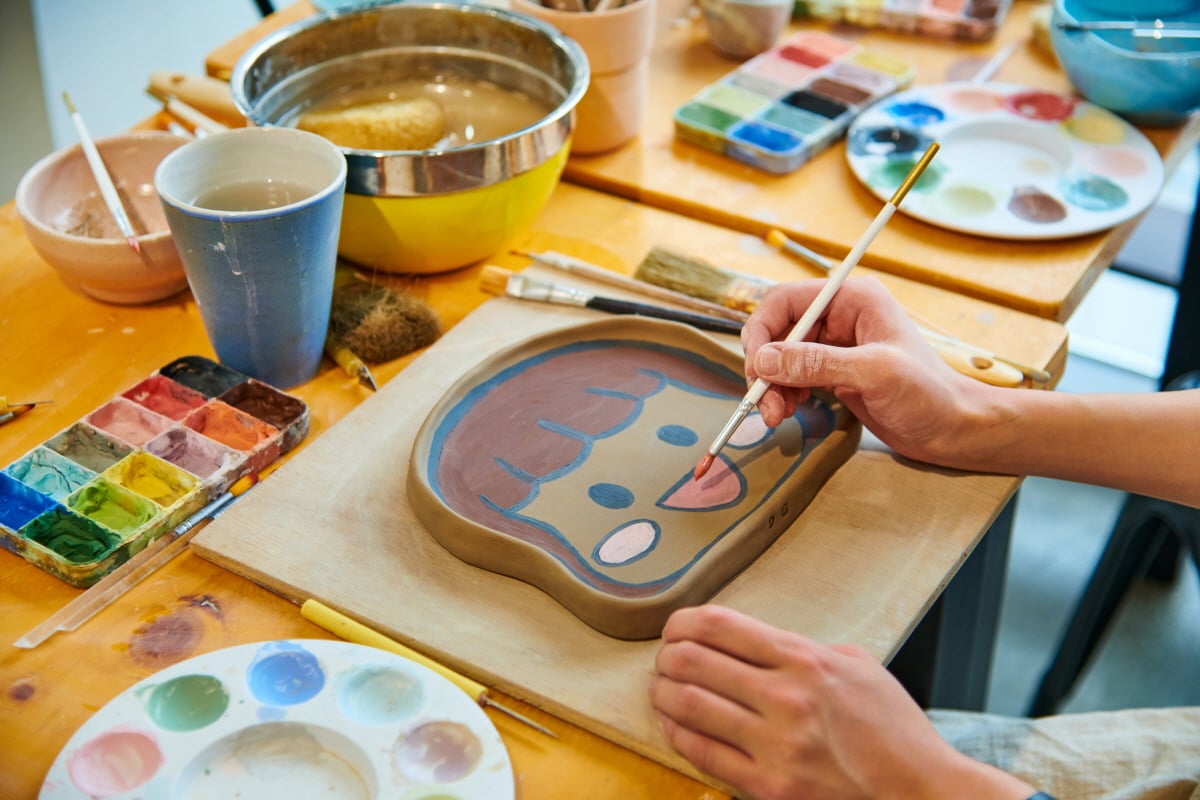
Throughout the Joseon dynasty, Jongmyo Shrine held a place of utmost importance as the primary site of worship for the kings and queens of the realm. This sprawling compound, comprised of various buildings surrounding the main hall, was constructed simultaneously with Gyeongbokgung Palace under the direct orders of King Taejo, the founding monarch of the Joseon dynasty.
The shrine’s significance extends far beyond its architectural grandeur, as it serves as the venue for the royal memorial service known as Jongmyo Jaerye. This national event is a testament to the enduring legacy of ancient customs that have been faithfully passed down since the Three Kingdoms period. The shrine’s immense historical and cultural value was recognized on a global scale when it was designated as a UNESCO World Cultural Heritage site on December 9, 1995. This prestigious status was granted not only for the shrine’s impeccably preserved structures but also for the intangible cultural assets it embodies, such as the traditional memorial services and the enchanting melodies that accompany them.
During the Joseon dynasty, the Jongmyo Jaerye ritual was held with unwavering regularity on the first month of each seasonal change and the twelfth month of the lunar calendar. However, this cherished tradition was abruptly halted during the dark years of the Japanese colonial period. In modern times, the ritual has been resurrected and is now reenacted annually on the first Sunday of May, drawing visitors from far and wide to witness this awe-inspiring spectacle.
One of the most captivating elements of the Jongmyo Jaerye is the musical component, known as Jongmyo Jaeryeak. This breathtaking performance features an ensemble of instruments, songs, and dances that have remained unchanged for over five centuries. As the haunting notes of ancient melodies fill the air and the graceful movements of the dancers unfold, spectators are transported back in time, experiencing a profound connection to the rich cultural heritage of the Korean people.
Jongmyo Shrine stands as a testament to the enduring spirit of the Joseon dynasty and the unwavering dedication of the Korean people to preserve their invaluable cultural treasures. As visitors step into this sacred space, they are not merely observing a historical site; they are bearing witness to a living, breathing embodiment of a nation’s soul. The shrine’s ability to evoke a sense of awe and reverence is a testament to the timeless power of tradition and the indomitable human spirit that has sustained it through the ages.
Contact Information
- +82-2-765-0195
- +82-2-2174-3636
Closed Days
- Tuesdays
Operating Hours
- [Guided Tours] Hours vary by offered language
- [General Viewing] Saturdays & last Wednesday of each month
- February-May, September-October: 09:00-18:00
- June-August: 09:00-18:30
- November-January: 09:00-17:30
- Last admission 1 hour before closing
Parking Facilities
- Not available (Use paid parking lot of park in front of shrine)
Stroller Rental
- None
Pet Allowance
- None

![You are currently viewing Jongmyo Shrine [UNESCO World Heritage]](https://triptokorea.net/wp-content/uploads/2024/04/image-11.png)


